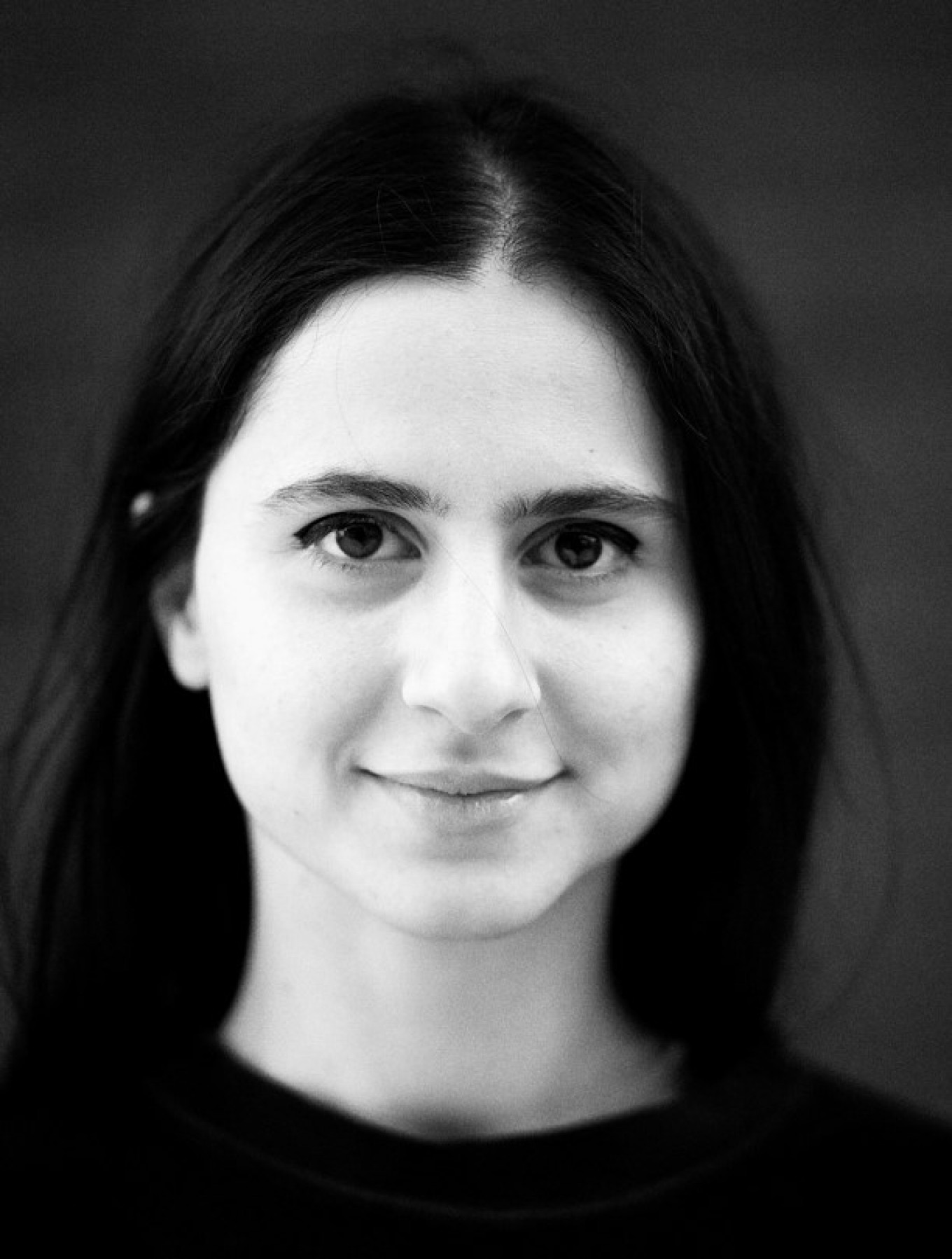There was a quiet sensation at the recent Berlin Film Festival. “The Cage Is Looking for a Bird” directed by Malika Musaeva was shown — the first film in the Chechen language that has ever been presented at the international film festivals. It was also the only film from Russia at this year’s Berlinale.
Musaeva is a graduate of the workshop of the legendary Russian filmmaker, Alexander Sokurov. The film was co-produced by the Sokurov Fund and Ilya Stewart’s Hype Studios, which was previously in Moscow and worked on a number of Kirill Serebrennikov’s projects, including “Petrov’s Flu” and “Tchaikovsky’s Wife.” The filmmakers will donate 50% of all proceeds to Human Rights Watch.
“The Cage is Looking for a Bird” is about a 17-year-old high school student, Yakha, who lives in North Ossetia and dreams of breaking out from under her family’s strict guardianship. It’s an essay on the position of women in Chechen society, where youth and longing for freedom conflict with tradition.
Weeds grow on the once fertile fields where Yakha (played by first-time actress Khadizha Bataeva) and her best friend, Madina (Madina Akkieva), walk together. They like to lie on the ground dreamily looking at the sky as if they do not need to grow up or to think about what their future holds. The scenes seem so peaceful at first, but they hide alarming signs visible on closer inspection. Yakha’s older sister wants to get away from her bully of a husband but her family, including her own mother, is against it. Women are supposed to play the role assigned to them by nature and society: to get married, give birth to children, and to put up with their husbands. And by local tradition, if there is a divorce the woman must leave her children to be raised by her husband.
But we hardly see any men in this village. Instead, we see a cemetery that reminds us of the wars that took place in this region. Yakha’s father died during the Second Chechen War and her mother can barely find his grave among hundreds of others.

Born in 1992 in Grozny, Chechnya, Malika Musayeva now lives and works in Germany. During the Chechen War in 1999, she and her family fled first to Ingushetia and then to Ukraine. They returned to Russia in 2003 and lived in Nalchik, Kabardino-Balkaria, where, seven years later, Malika studied under the Sokurov. Her film was initially scheduled to be screened at the Cannes Film Festival in 2022 but she was disinvited after the war began. Sokurov accused the festival of discrimination and withdrew his own film, which later premiered in Locarno, Switzerland.
Sokurov’s students have managed to create something that Russian cinema has long ceased to show: films about the present day rather than films that celebrate past victories. These films are made in non-Russian native languages and show a multinational Russia.
“The Cage Is Looking for a Bird” is very similar to “Closeness” by Kantemir Balagov or “Unclenching Fists” by Kira Kovalenko. The central theme is the same: A girl from the North Caucasus is strangled in the vice of tradition.
But the world of Musaeva’s film is purely feminine, a place where women have learned to hide their feelings. Sometimes excitement or longing run over their faces in an almost imperceptible wave. Their emotions are reflected in the landscapes that Musaeva skillfully depicts: restless skies, mountains lost in a haze, green hills and serpentine mountain roads. It is a visual study in the green tones of the boundless Caucasian hills, so harmoniously combined with the red hair of the heroine. The red color seems to symbolically emphasize her peculiarity. Yakha is ready to merge with the foliage of the hills where she grew up; it seems she would like to dissolve into the landscape and be saved from the laws prescribed by people.
The theme stated in the title of the picture is revealed in small details, such as Yakha’s collections of bird feathers or the off-screen singing of birds. Yakha’s desired freedom is born not from the resolution of conflict, but from the aching feeling of need. However, physical attempts to escape won’t bring the desired liberation, just as the very concept of freedom is not limited to the physical state.
This film was made when a tragic new war is taking place in Eastern Europe. The topic of the history of Russia and its relations with its neighboring states, which aroused scant interest before, is now attracting the attention of the international community. Debutante Musaeva explores the universe of Chechen culture, closed and little known outside the republic. Had the film been released a few years ago, perhaps it would have imperceptibly disappeared into a kaleidoscope of other works by the students of Sokurov, but now, due to the absence of Russia in the list of producing countries, “The Cage is Looking for a Bird” was noticed and warmly received by viewers and critics.
The theme of the two Chechen wars has seldom been depicted in the cinema, with the exception of Sergei Bodrov’s “Prisoner of the Mountains” and Alexei Balabanov’s “War.” Musaeva’s film is filled with grief for the victims of the Second Chechen War — termed not a war but a “counter-terrorist operation” by the Russian authorities. The director insists that she does not make political films and that her film is not about the war. But isn’t any film political in the sense that every film deals with the life of people, their freedom and rights?





